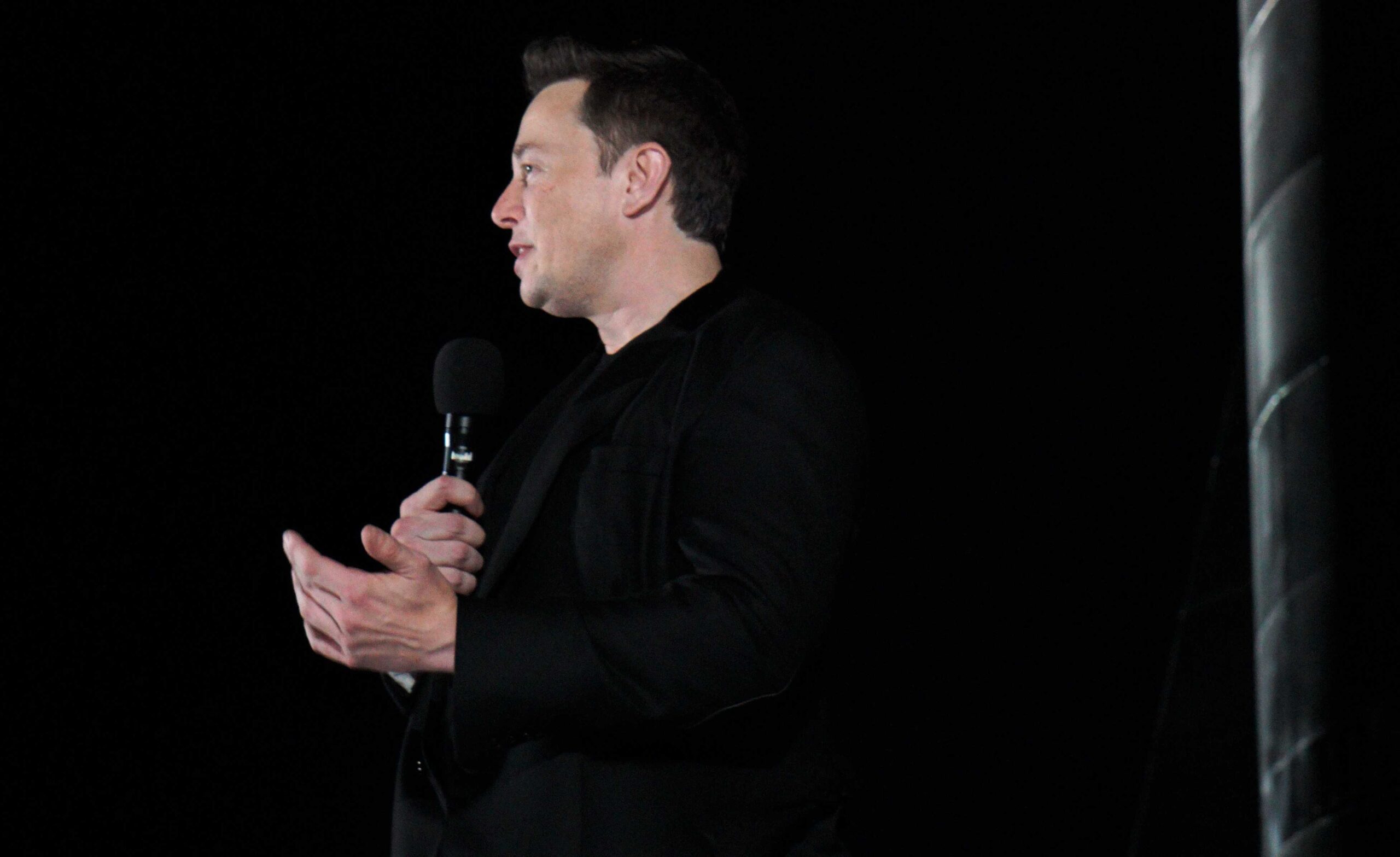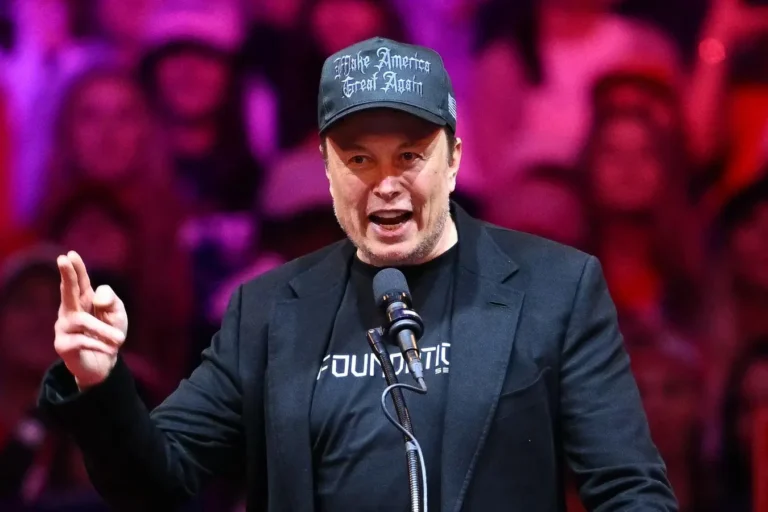Hook: Could Elon Musk’s new role in the US government save him billions in taxes? A proposed job could let him dodge taxes on his investments, all while shaping the future of government spending.
The Big Picture
Elon Musk, the billionaire CEO of Tesla, could be set to get a massive financial advantage through a new government position. If he accepts a job under President-elect Donald Trump’s upcoming administration, he could defer billions of dollars in capital gains taxes — money he would otherwise have to pay when selling assets like stocks or companies. Why? Because of how government rules work and the potential structure of his new role.
What’s Going On?
On November 12, Trump announced that Musk would be joining a newly proposed government agency called the “Department of Government Efficiency” (DOGE), alongside Vivek Ramaswamy, a former political rival. Their job would be to cut wasteful government spending. Sounds like a dream job for a billionaire, right?
The Catch: Capital Gains Tax Deferral
Here’s why this is a big deal: When people like Musk sell assets (like Tesla stock or SpaceX holdings), they usually owe something called capital gains tax — a percentage of the profit they made. But if Musk works for the government, he could potentially avoid paying these taxes for a long time, or even indefinitely, by transferring his assets to meet federal guidelines. This is because, under certain circumstances, government employees can defer paying these taxes as long as they follow specific rules.
So, if Musk were to accept this position, he could avoid paying taxes on his huge wealth for years, saving him billions of dollars.
Why Is This Important?
- Political Power and Influence: This job could give Musk incredible political power. As someone who controls companies that already rely on billions in government contracts, his influence could skyrocket. He would have a direct hand in shaping how taxpayer money is spent, potentially benefitting his own companies like SpaceX and Tesla.
- A Question of Ethics: Critics are raising concerns. Is it a conflict of interest for someone who owns multi-billion-dollar companies to be in charge of government spending? This could lead to major questions about fairness, transparency, and accountability.
- Changing the System: Ramaswamy has already suggested that this department would be dissolved by 2026, after they “downsize” the government. If this happens, it could radically shift how the US government operates and how businesses interact with it.
What Does This Mean for You?
Understanding how this works is critical, especially as it reflects bigger trends in the relationship between government and big business. Musk’s possible tax deferral shows how those at the top can navigate the system to avoid paying taxes — a tactic that could affect your taxes and the way you look at government regulations and financial rules.
Key Words to Remember:
- Capital Gains Tax: Tax on the profit made from selling assets like stocks or real estate.
- Deferral: Delaying the payment of taxes.
- Conflict of Interest: A situation where someone could benefit personally from their professional role.
- Government Efficiency: The idea of cutting wasteful spending, but with potential consequences.
- Influence: The power to shape policies and decisions that could benefit businesses or individuals.
By learning about these topics, you can better understand the influence of billionaires on government policies and how they can use the system to their advantage. It’s a reminder that wealth and power can sometimes lead to opportunities to avoid the very systems designed to regulate them.



